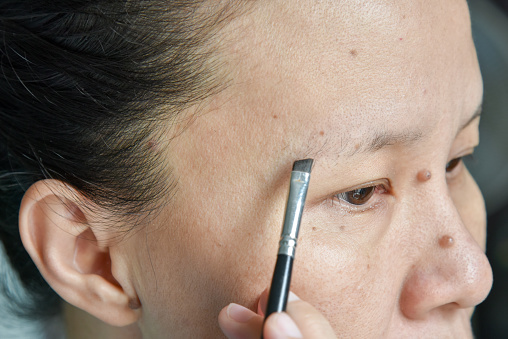Questions To Ask On Hiring A Wedding DJ
If you’re planning a wedding, you’ll likely need to hire a DJ. But how do you go about finding the right one for your big day?

Here are a few questions to ask when hiring a wedding DJ:
1. What experience do you have with weddings?
Wedding DJs typically have a lot of experience playing at weddings, since it’s a common type of event. Ask the DJ how long they’ve been doing wedding gigs and what kind of feedback they’ve received from past clients.
The more experience a DJ has, the better. They’ll know how to handle any situation that arises and will be more likely to keep the party going all night long.
2. What type of music do you specialize in?
Some DJs are more formal and traditional, while others are more laid-back and funky. It’s important to find a DJ that has a style that matches your own. DJs typically specialize in one or two types of music, such as Top 40, hip-hop, country, etc. Make sure the DJ you hire has experience playing the type of music you want at your wedding.
3. Do you have a song list I can review?
A good DJ should have a wide range of music in their collection so they can cater to everyone’s tastes. Ask to see a list of genres they have in their collection to get an idea of what they’ll be playing.
4. Can you provide references?
References are a great way to gauge how good a DJ is. Ask the DJ for a few references from past clients and contact them to see what their experience was like.
5. What equipment do you have?
A good DJ will have high-quality audio equipment that will produce great sound at your wedding. Ask the DJ what kind of equipment they use and how many backups they have in case something goes wrong.
6. How much do you charge?
Wedding DJ prices can vary widely, so be sure to ask the DJ how much they charge before making a decision. You should also ask if there are any additional fees (e.g., travel fees, set-up fees, etc.) that you need to be aware of.
DJs typically charge by the hour, so be sure to ask how much they charge and what is included in their price. Some DJs include setup and breakdown time in their price, while others charge extra for that.
In addition to the cost per hour, there may be other fees associated with hiring a DJ. Ask about transportation costs, sound and lighting equipment rental fees, and any other hidden costs.
7. How long will you be playing for?
Most DJs will play for at least four hours, but some may be available for longer or shorter gigs. Be sure to ask how long they’ll be playing so you can plan accordingly.
8. Will you DJ the entire wedding or just the reception?
Some DJs only DJ receptions, while others will DJ the entire wedding. If you want the DJ to play during the ceremony, rehearsal dinner, and/or cocktail hour, be sure to ask. Make sure you know what services the DJ offers before hiring them.
9. Can we provide our music if we want?
Some couples prefer to provide their music rather than relying on a DJ to play all the right songs. Ask if the DJ is okay with this and be sure to provide a list of songs that you want them to play.
10. Are you available on our wedding date?
Make sure the DJ you hire is available on your wedding date before booking them. Many DJs are booked months in advance, so don’t wait until the last minute to reserve one.
Be sure to confirm that the DJ is available on your wedding date before booking them. If they’re already booked, they may be able to recommend another DJ that would be a good fit for your wedding.
11. What is your policy on cancellations?
If for some reason you need to cancel your wedding, be sure to ask the DJ what their cancellation policy is. Many DJs require a signed contract and/or a deposit to reserve their services, so you’ll want to know what will happen if you need to cancel.
12. Do you have insurance?
It’s always a good idea to hire a DJ who has liability insurance in case something goes wrong during the wedding. Ask the DJ for proof of insurance before booking them.
13. What is your backup plan if something goes wrong?
No one wants something to go wrong at their wedding, but it’s always good to know what the DJ’s contingency plan is. Ask the DJ what would happen if their equipment failed or if there was a power outage.
14. How do you handle song requests from guests?
Some DJs take song requests from guests while others have a predetermined list of songs they will play. Ask the DJ how they handle song requests and what type of music they have available.
15. Will you be able to accommodate any special requests we have?
If you have any special requests (e.g., a specific song or type of music), be sure to ask the DJ if they can accommodate them. Most DJs are happy to try and meet any special requests their clients have.
16. Do you have a contract?
It’s always a good idea to have a written contract with the DJ before hiring them. This will outline the services they will be providing, the price, and any additional fees.
17. How do we pay for your services?
Most DJs accept payment via cash, check, or credit card. Be sure to ask how the DJ prefers to be paid before hiring them.
By asking these questions, you can get a sense of whether or not the DJ is a good fit for your wedding. Be sure to also ask about any additional services they offer, such as lighting or photo booths.
Hiring a wedding DJ can be a daunting task, but if you ask the right questions, you’ll be able to find one that’s perfect for your big day. Happy planning!




